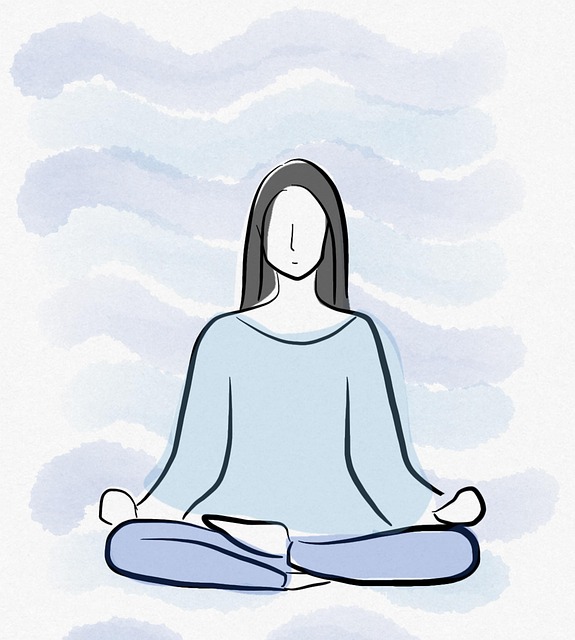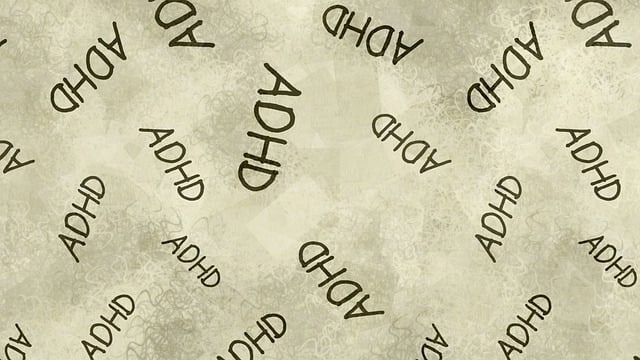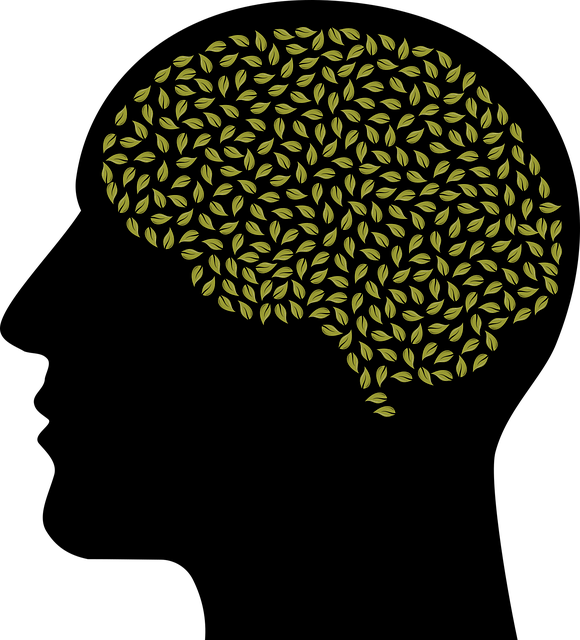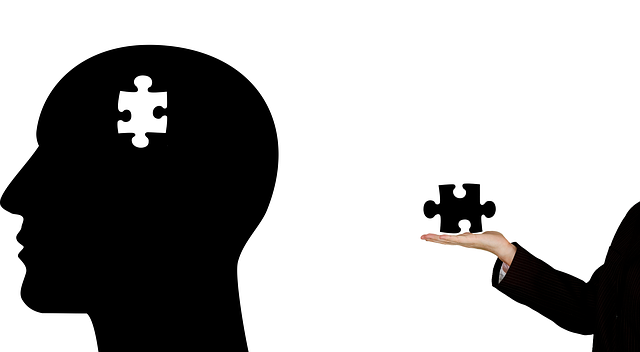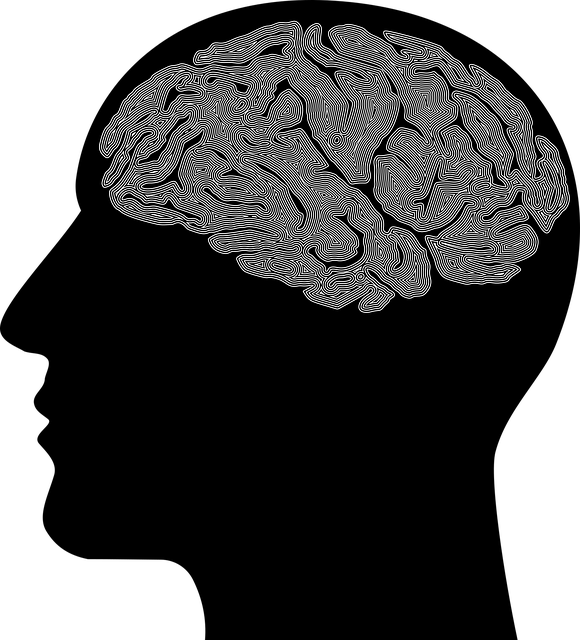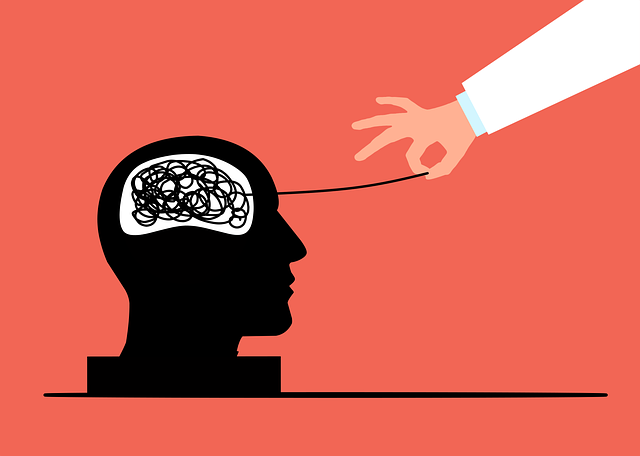Understanding cultural diversity among the elderly is crucial for effective therapy. Healthcare providers must cultivate cultural sensitivity by learning about diverse backgrounds, beliefs, and experiences to tailor therapy sessions. Effective communication strategies, like active listening, address couples' communication issues. Incorporating conflict resolution techniques and burnout prevention strategies creates a safe, inclusive environment where the elderly feel respected and understood. Culturally sensitive practices enhance therapy outcomes, reduce mental illness stigma, and improve treatment engagement for elder couples facing communication challenges. Online resources provide best practices for tailored therapy, addressing cultural barriers, enhancing mood management, and preventing depression in diverse communities.
“Cultural sensitivity in mental healthcare is a vital aspect of providing effective support, especially when serving diverse elderly populations. This article explores the complex landscape of cultural diversity and its impact on therapy, focusing on communication barriers and their potential solutions. We delve into strategies for couples seeking therapy, emphasizing the importance of understanding cultural contexts to enhance therapeutic outcomes. Through real-world case studies, we showcase successful examples of culturally sensitive practices. Additionally, practical tools and resources are offered to help mental healthcare professionals build inclusive environments, ensuring quality care for all.”
- Understanding Cultural Diversity in Elderly Populations: A Foundation for Effective Therapy
- Navigating Communication Barriers: Strategies for Couples Seeking Therapy
- Sensitivity to Cultural Contexts: Enhancing Couples' Therapy Outcomes
- Case Studies: Real-World Examples of Successful Cultural Sensitive Practices
- Building an Inclusive Practice: Tools and Resources for Mental Healthcare Professionals
Understanding Cultural Diversity in Elderly Populations: A Foundation for Effective Therapy

Understanding cultural diversity among elderly populations is a cornerstone for delivering effective therapy. The aging population, with its diverse backgrounds, beliefs, and experiences, presents unique challenges and opportunities in mental healthcare. Each individual brings a distinct set of values, traditions, and communication preferences that shape their understanding of mental health and wellness. For example, some cultures may emphasize collective family involvement in healing processes, while others promote personal autonomy.
Healthcare providers play a crucial role in bridging this gap by cultivating cultural sensitivity. This involves learning about different ethnic, racial, and cultural backgrounds to tailor therapy sessions accordingly. Effective communication strategies, such as active listening and clear, empathetic dialogue, are essential tools for addressing couples’ communication issues within these diverse populations. By incorporating conflict resolution techniques and burnout prevention strategies, healthcare providers can ensure they create a safe, inclusive environment where the elderly feel respected and understood.
Navigating Communication Barriers: Strategies for Couples Seeking Therapy

In providing mental healthcare to couples, particularly elderly ones, navigating communication barriers is an essential aspect of effective therapy. Many couples face challenges in expressing their feelings and understanding each other due to generational gaps, cultural differences, or personal experiences. Therapists play a crucial role in creating a safe space where open dialogue can flourish. One strategy involves encouraging active listening, where both partners focus on understanding the other’s perspective without interruption. This simple yet powerful technique enhances empathy and strengthens the therapeutic bond.
Additionally, incorporating culturally sensitive practices is vital. Understanding each couple’s unique background and customs allows therapists to tailor their approach, ensuring that all individuals feel respected and heard. For example, incorporating elements of stress management techniques commonly practiced within these cultures can make therapy more engaging. Burnout prevention strategies for healthcare providers, such as promoting open communication and self-care, are also beneficial in helping couples navigate their issues while supporting the therapist’s well-being.
Sensitivity to Cultural Contexts: Enhancing Couples' Therapy Outcomes

Cultural sensitivity is a cornerstone in enhancing therapy outcomes for elder couples facing communication issues. In a world where mental illness stigma reduction efforts are crucial, understanding and respecting cultural contexts can foster an environment that encourages open dialogue. Therapists must be adept at navigating diverse belief systems and values, ensuring that interventions are culturally appropriate and inclusive. By recognizing the unique dynamics within each couple, regardless of their background, therapists can provide more effective support.
This approach is particularly vital for addressing therapy for elders couples communication issues, as cultural factors significantly influence interpersonal interactions. Incorporating strategies to mitigate burnout prevention among healthcare providers while promoting self-care routine development for better mental health can also enhance this process. Through these efforts, therapists can facilitate meaningful connections, improve treatment engagement, and ultimately lead to more positive outcomes for these sensitive populations.
Case Studies: Real-World Examples of Successful Cultural Sensitive Practices

In the realm of mental healthcare, cultural sensitivity is a game-changer that significantly influences treatment outcomes. Real-world examples illustrate successful practices, such as tailored therapy sessions for elders from diverse backgrounds. These cases highlight the importance of understanding and incorporating Mind Over Matter principles to address specific Cultural Sensitivity in Mental Healthcare Practices. For instance, therapists can adapt communication styles and techniques to accommodate language barriers or cultural taboos, fostering open dialogue and enhancing emotional well-being promotion.
For couples facing communication issues, culturally sensitive practices involve creating safe spaces where both partners feel heard and respected. By recognizing and acknowledging the impact of cultural differences on relationships, healthcare providers can employ innovative strategies to prevent burnout. This proactive approach not only improves patient satisfaction but also equips caregivers with effective Emotional Well-being Promotion Techniques. As these case studies demonstrate, embracing cultural sensitivity is a powerful tool in the arsenal of mental health professionals, ensuring that services are accessible and beneficial for all.
Building an Inclusive Practice: Tools and Resources for Mental Healthcare Professionals

In today’s diverse society, mental healthcare professionals must strive to create an inclusive practice that respects and values different cultural backgrounds. This involves understanding the unique needs of various communities, including older adults and couples facing communication issues. Building a culturally sensitive approach requires access to the right tools and resources. Online platforms offer a wealth of information on best practices for providing therapy tailored to these specific populations. For instance, mental health policy analysis and advocacy organizations often share insights into addressing cultural barriers in care, enhancing mood management techniques, and even depression prevention strategies tailored to diverse communities.
By leveraging these resources, healthcare professionals can ensure they are equipped to deliver effective treatment regardless of their clients’ backgrounds. This not only fosters better patient outcomes but also strengthens the overall mental health ecosystem by promoting equity and access to quality care for all.
Cultural sensitivity in mental healthcare is not just a best practice, but an essential tool for improving outcomes, especially when treating elderly populations and couples facing communication barriers. By understanding diverse cultural contexts, professionals can create inclusive environments that foster trust and effective therapy. The strategies outlined, from navigating communication challenges to real-world case studies, offer a roadmap for mental healthcare providers to enhance their practices and better serve clients from various backgrounds. Incorporating these principles ensures that therapy for elders and couples is not just accessible but also deeply meaningful and successful.
